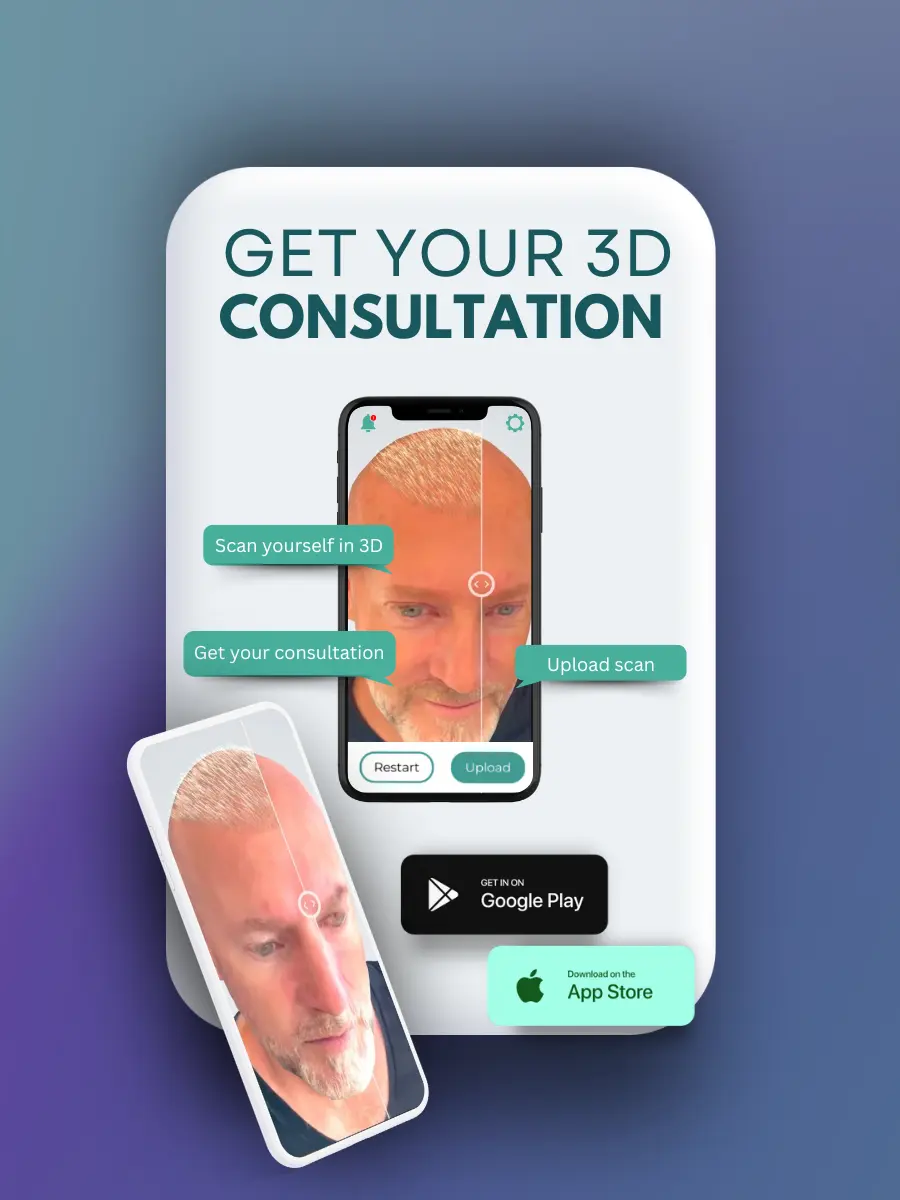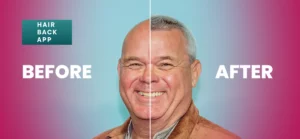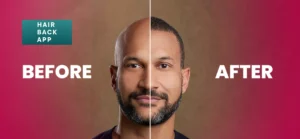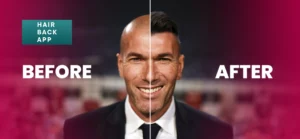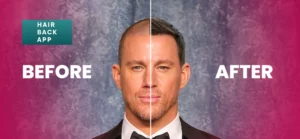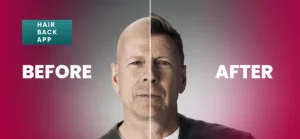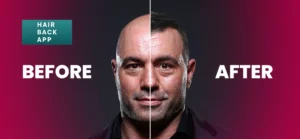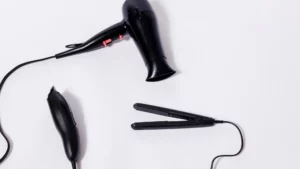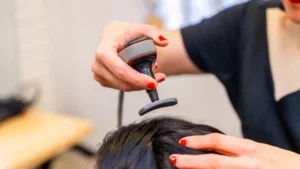Thinning hair is a common concern that affects millions of people worldwide. It’s a condition that can significantly impact self-esteem and confidence, making it a significant issue for many.
My name is Emma Wright, your resident hair transplant and restoration specialist. Today, we’ll be discussing the major causes of thinning hair.
Understanding the causes of thinning hair is the first step towards finding effective treatments and preventative measures. In this blog, we’ll explore the various reasons behind thinning hair and offer insights and solutions to help you manage and mitigate this condition.

What is Thinning Hair?
Thinning hair is a gradual process where hair strands become finer and lose volume over time. Unlike complete hair loss, where patches of baldness appear, thinning hair typically affects the entire scalp, resulting in a reduction of overall hair density.
This condition can impact anyone, regardless of age or gender, and can be influenced by a variety of factors, including genetics, hormonal changes, nutritional deficiencies, stress, medical conditions, and environmental factors.
Key Characteristics of Thinning Hair
- Reduced Hair Volume: Individuals with thinning hair often notice a decrease in the overall thickness of their hair.
- Increased Shedding: There may be more hair strands falling out during brushing or washing.
- Visible Scalp: As hair density decreases, the scalp may become more visible, especially when the hair is wet or styled flat.
- Changes in Hair Texture: Hair may become finer and more fragile, making it prone to breakage and split ends.
13 Major Causes or Thinning Hair
Thinning hair has several causes, including;
1. Androgenetic Alopecia
One of the most prevalent causes of hair thinning is androgenetic alopecia, commonly known as male or female pattern baldness. This genetic condition affects both men and women and is characterized by a predictable pattern of hair loss.
In men, it typically starts with a receding hairline and thinning at the crown, while women experience a general thinning across the entire scalp.
Genetic predisposition plays a crucial role here. If you have a family history of hair thinning or baldness, you’re more likely to experience it. Hormones, particularly dihydrotestosterone (DHT), also play a significant role in this type of hair loss.
2. Thyroid Issues
Thyroid imbalances, whether hypothyroidism or hyperthyroidism, can significantly impact hair health. The thyroid gland regulates metabolism, and its dysfunction can disrupt hair growth cycles, leading to thinning hair.
Symptoms may include weight changes, fatigue, and changes in hair texture. Managing thyroid levels through medication can help restore hair health.
3. Menopause and Pregnancy
Women often experience hair thinning during hormonal changes such as menopause and pregnancy. These life stages involve fluctuations in estrogen and progesterone levels, which can affect the hair growth cycle.
Postpartum hair loss is common due to hormonal shifts after childbirth, and reduced estrogen levels during menopause can lead to increased hair shedding.
4. Iron Deficiency
Iron deficiency anemia is a common cause of hair thinning. Iron is essential for producing hemoglobin, which carries oxygen to hair follicles. Without adequate oxygen, hair growth slows down, and hair may thin.
Symptoms of iron deficiency include fatigue, pale skin, and brittle nails. Consuming iron-rich foods like lean meats, beans, and spinach can help.
5. Other Nutrients
Vitamins and minerals such as Vitamin D, B12, zinc, and biotin play crucial roles in maintaining healthy hair. Deficiencies in these nutrients can contribute to hair thinning.
A balanced diet with a variety of nutrients supports overall hair health, and in some cases, supplements may be necessary to address deficiencies.
6. Chronic Stress
Chronic stress can trigger hair thinning through a condition known as telogen effluvium, where stress pushes hair follicles into a resting phase, leading to increased shedding. Noticeable hair shedding often follows stressful events.
Stress-reduction techniques like yoga, meditation, and regular exercise can help manage this. You can learn more about how to regain your hair from stress induced hair loss here.
7. Poor Lifestyle Choices
Smoking, excessive alcohol consumption, and lack of physical activity can negatively affect hair health. These habits can impair circulation and nutrient delivery to hair follicles, leading to thinning hair. Adopting a healthier lifestyle can improve hair growth and overall well-being.
8. Autoimmune Diseases
Conditions such as alopecia areata, lupus, and psoriasis can cause hair thinning. These autoimmune diseases attack hair follicles, leading to hair loss. Proper diagnosis and treatment of the underlying condition are essential, and medical treatments and therapies can help manage symptoms.
9. Medications
Certain medications, including those for cancer, depression, and high blood pressure, can have side effects that include hair thinning. Discuss potential side effects with your healthcare provider, and in some cases, alternative medications may be available.
10. Over-Styling
Frequent use of heat styling tools, chemical treatments, and tight hairstyles can damage hair, leading to thinning. Minimize the use of harsh styling techniques and give your hair regular breaks. Use gentle, sulfate-free shampoos and conditioners to maintain hair health.
11. Improper Hair Care
Neglecting proper hair care routines, such as infrequent washing or harsh brushing, can contribute to hair thinning. Establish a regular hair care routine that includes gentle washing, conditioning, and brushing.
12. Pollution
Exposure to pollutants and environmental toxins can damage hair and scalp health, leading to thinning hair. Use protective hairstyles and cover your hair when exposed to harsh environmental conditions. Consider using products designed to protect hair from environmental damage.
13. UV Radiation
Excessive sun exposure can weaken hair strands and lead to thinning. Wear hats or use hair products with UV protection when spending extended periods in the sun.
Conclusion
Thinning hair can result from a variety of factors, including genetics, hormonal imbalances, nutritional deficiencies, stress, medical conditions, and environmental influences. Understanding these causes is crucial for finding effective thinning hair remedies and how to maintain healthy hair.
Addressing the underlying issues and adopting a comprehensive approach to hair care will make it possible to manage and even reverse hair thinning. Regular consultations with healthcare professionals and dermatologists can provide personalized advice and treatment plans tailored to your specific needs.
Remember, early intervention and proactive measures are key to preserving your hair’s health and vitality. This guide provides a thorough overview of the causes of thinning hair, helping you identify potential issues and take appropriate action.

